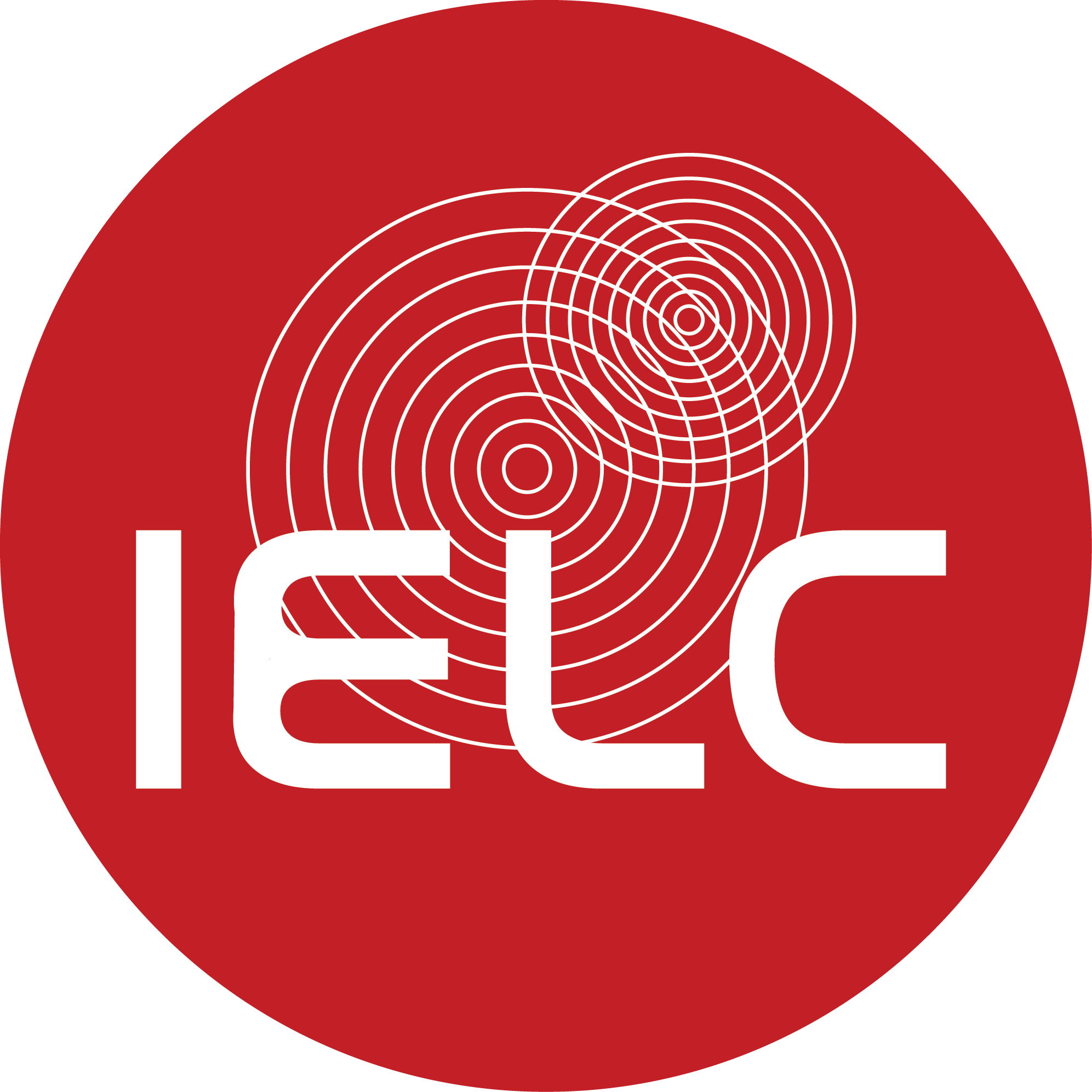|
|
Description Since the handover of Hong Kong to China, “National Identity” has become a vital focus promoted by the HKSAR government. According to the poll by the University of Hong Kong’s Public Opinion Programme (2010 – 2015), young people aged between 18 and 29 have the least and decreasing recognition, an average 5.5%, of their Chinese identity. Past research has shown that student participation in exchange programmes and study tours provides the possibility of new formulations of national identity. Since the Policy Address 2008, the HKSAR government has been actively expanding and exploring the feasibility of Mainland exchange programmes to enhance our youths’ understanding of Chineseness and to strengthen their national identity. Schools have been sponsored or subsidized with the costs of Mainland exchange activities through various grants and channels. Considering the significantly increasing number of Hong Kong youths who have participated in these Mainland exchange programmes and study tours, however, the effectiveness of these activities is understudied. At present, there is lack of systematic research on the impacts of these activities and the ways in which they influence our students’ perceptions of national identity. Thus, this study aims to
|
|---|



